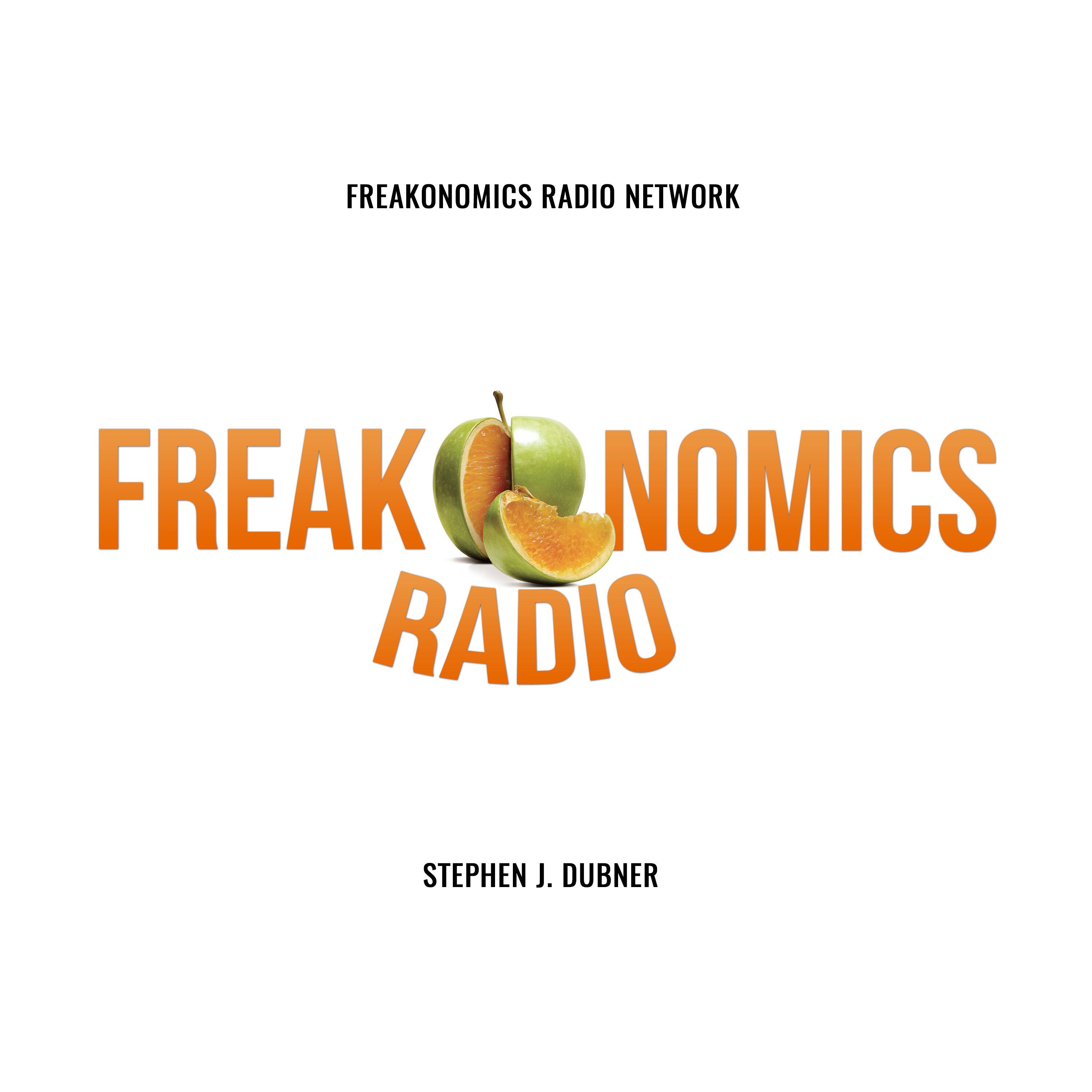Are the Rich Really Less Generous Than the Poor? (Update)
Freakonomics Radio
A series of academic studies suggest that the wealthy are, to put it bluntly, selfish jerks. It’s an easy narrative to embrace — but is it true? As part of GiveDirectly’s “Pods Fight Poverty” campaign, we revisit a 2017 episode.
SOURCES:
Jim Andreoni, professor of economics at the University of California, San Diego.
Nikos Nikiforakis, professor of economics at New York University in Abu Dhabi.
Paul Piff, associate professor of psychology at the University of California, Irvine.
Jan Stoop, associate professor of applied economics at the Erasmus School of Economics.
RESOURCES:
"Are the Rich More Selfish Than the Poor, or do They Just Have More Money? A Natural Field Experiment," by James Andreoni, Nikos Nikiforakis, and Jan Stoop (National Bureau of Economic Research, 2017).
"Exploring the Psychology of Wealth, 'Pernicious' Effects of Economic Inequality," (PBS NewsHour, 2013).
"Poverty Impedes Cognitive Function," by Anandi Mani, Sendhil Mullainathan, Eldar Shafir, and Jiaying Zhao (Science, 2013).
"Higher Social Class Predicts Increased Unethical Behavior," by Paul Piff, Daniel Stancato, Stéphane Côté, Rodolfo Mendoza-Denton, and Dacher Keltner (PNAS, 2011).
"Relative Earnings and Giving in a Real-Effort Experiment," by Nisvan Erkal, Lata Gangadharan, and Nikos Nikiforakis (American Economic Review, 2011).
"Experimenter Demand Effects in Economic Experiments," by Daniel John Zizzo (Experimental Economics, 2009).
"Impure Altruism and Donations to Public Goods: A Theory of Warm-Glow Giving," by James Andreoni (The Economic Journal, 1990).
"Privately Provided Public Goods in a Large Economy: The Limits of Altruism," by James Andreoni (Journal of Public Economics, 1987).
"A Positive Model of Private Charity and Public Transfers," by Russell Roberts (Journal of Political Economy, 1984).
Pods Fight Poverty Campaign on Give Directly.
EXTRAS:
“How to Raise Money Without Killing a Kitten,” by Freakonomics Radio (2013).
Hosted by Simplecast, an AdsWizz company. See pcm.adswizz.com for information about our collection and use of personal data for advertising.








